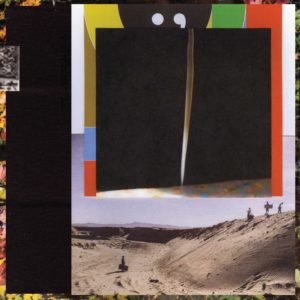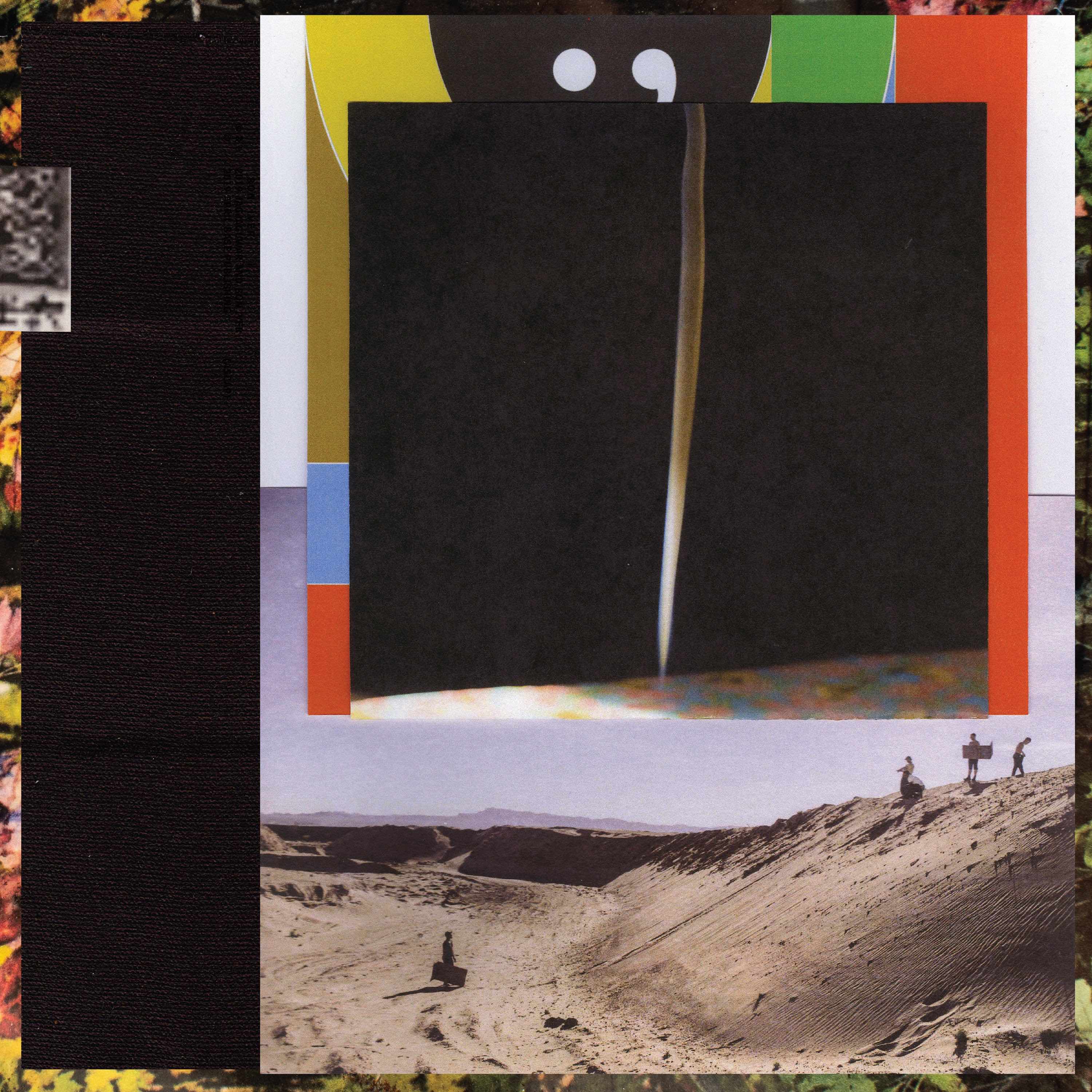Bon Iver
i,i
JAGJAGUWAR
9/10
It’s been startling to watch Bon Iver evolve from humble origins—with 2007’s For Emma, Forever Ago casting mastermind Justin Vernon as a heartbroken cabin-dwelling folk hero—to something much more widely beloved: an in-demand, Grammy-winning icon and gun-for-hire (he’s collaborated with everyone from James Blake to Eminem). Popularity aside, though, the band has (improbably) reached arena status entirely on their own terms. Vernon has signaled a total disinterest in compromise; every Bon Iver project sounds like the project Bon Iver needed to make at that point in time. And he has insisted on threading an increasingly tricky needle, pushing his soundscape into new terrain without abandoning the band’s elemental strengths.
That style is no different with i,i, Bon Iver’s immersive fourth album. What it offers is at once familiar—just as heartfelt as For Emma, as breathtakingly panoramic as 2011’s Bon Iver, and as dense and adventurous as 2016’s 22, A Million—and singular; i,i is striking in its generosity and warmth. It is still an album with plenty of pain, touching on topics like familial disconnect and climate change, but this time it’s bathed in an unexpected light.
That might be a result of the album’s communal nature; i,i is Bon Iver’s most collaborative work by a long shot, with contributions from James Blake, The National’s Aaron and Bryce Dessner, Moses Sumney, Bruce Hornsby, and producer Wheezy, among others. It may be this crowdsourcing that lends the album a certain unpredictability; as cohesive as it is as a statement, i,i rarely stays in one place for long. The anthemic “Naeem” coexists comfortably with the halting, haunted “Jelmore,” the grizzled pseudo-hip-hop strut of “We,” and the stirring jazz of “Sh’Diah.”
Central to it all, though, is a Justin Vernon with an altered disposition, more confident and looser—at times, he even sounds content, miles beyond the heartbroken For Emma solitude. “Sunlight feels good now, don’t it?” he asks on album closer “RABi.” Soul has always been present at the core of Bon Iver, but here it shines just a little bit brighter.









